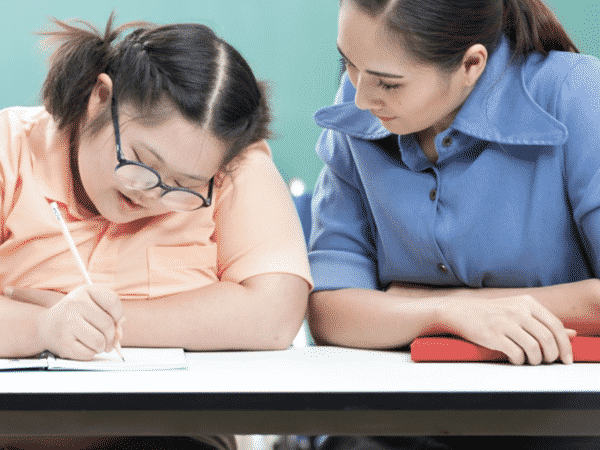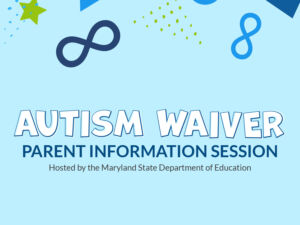School Discipline Basics and Integrating Supports: A Focus on Students With Disabilities

In order to effectively provide educational services, every school setting must first provide physical and emotional safety to all students. Building the capacity for a positive school environment can help create a culture where students feel valued and supported by school staff and by their peers. There are many preventive and proactive strategies available to educators as they interact with students on a daily basis.
When a child or student with a disability presents with behavioral challenges, appropriate behavioral support may be necessary to ensure the child receives free appropriate public education (FAPE). As part of the development, review, and as appropriate, revision of the Individualized Education Program (IEP), IEP Teams should determine whether behavioral supports should be provided [34 CFR §300.324(a)(2)(i)].
In addition to behavioral supports that may be provided directly to children or students with disabilities, program modifications or supports for school personnel may also be necessary to support their involvement and progress in the general education curriculum, advancement towards attaining the annual goals approved in the IEP, and participation in extracurricular and other nonacademic activities. These behavioral supports should be supported by peer-reviewed research [34 CFR §300.320(a)(4)]. Schools are strongly encouraged to consider how the implementation of behavioral supports within IEPs could be facilitated through a schoolwide, integrated tiered framework.
Interventions and supports that could assist a student with a disability to benefit from special education may include instruction and reminders of school expectations, violence prevention programs, anger management groups, counseling for mental health concerns, life skills training, or social skills instruction.






